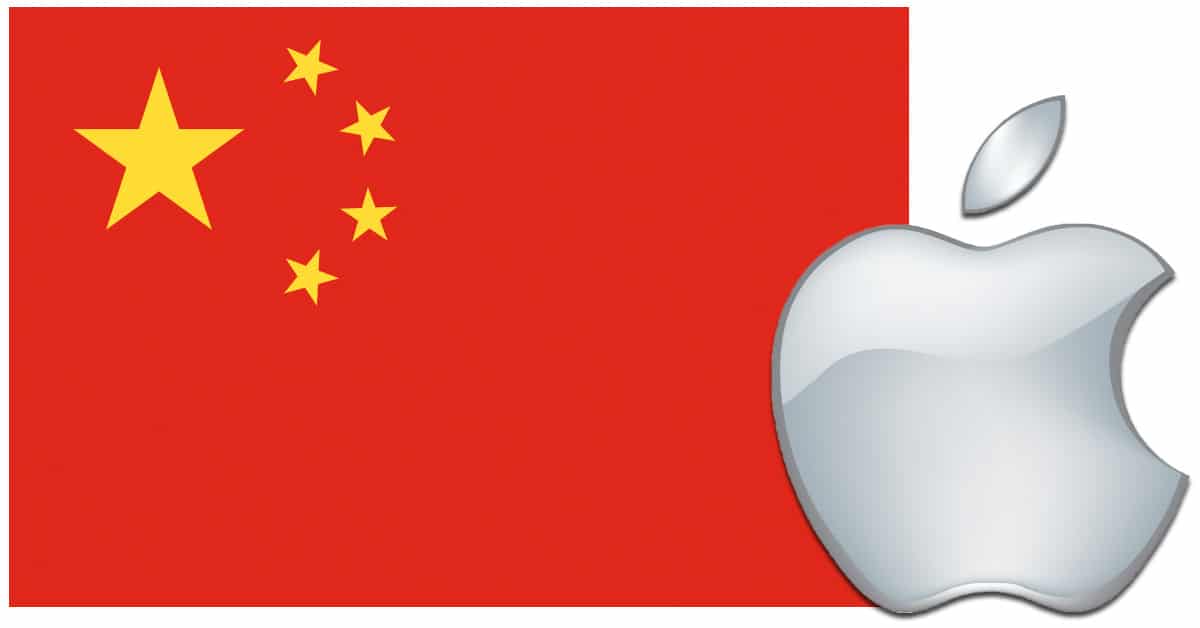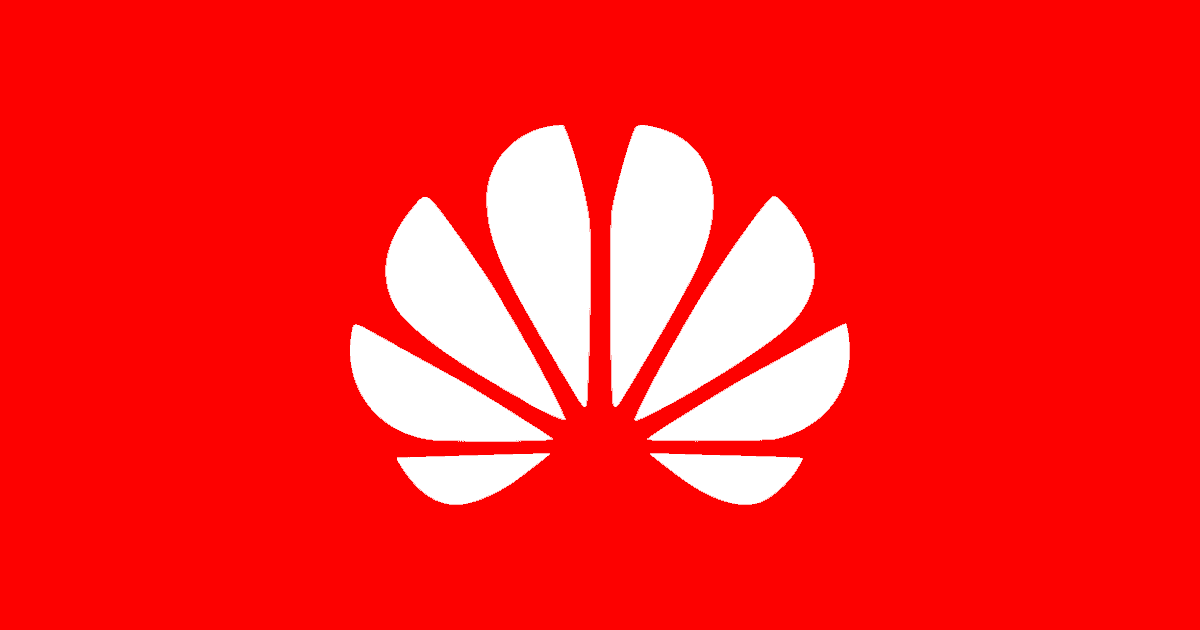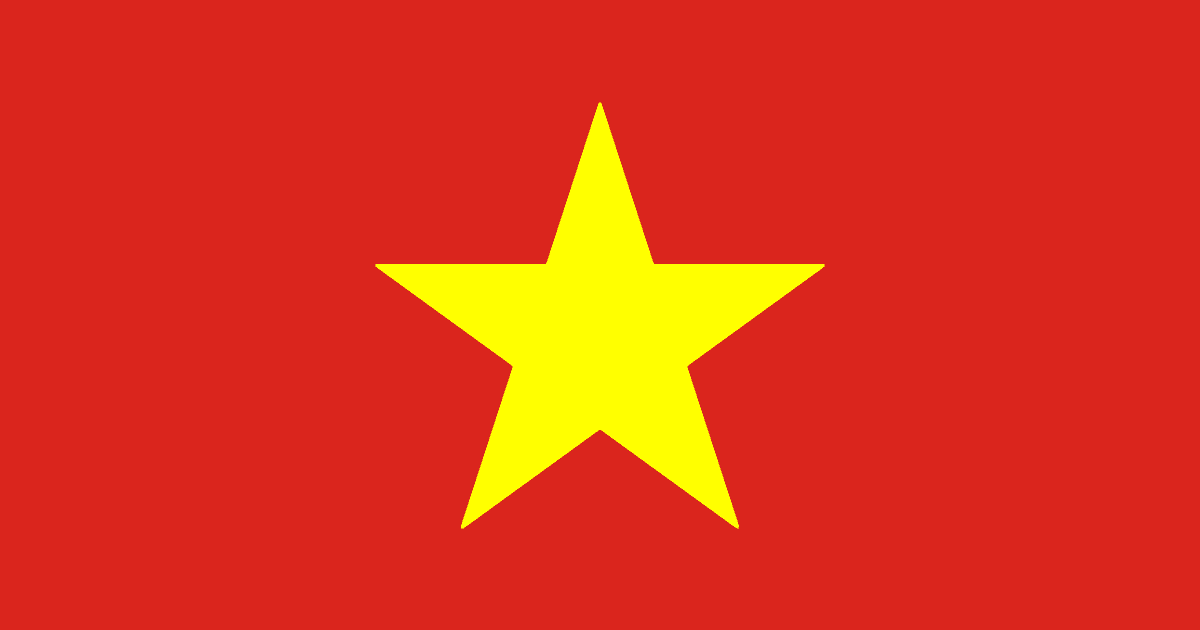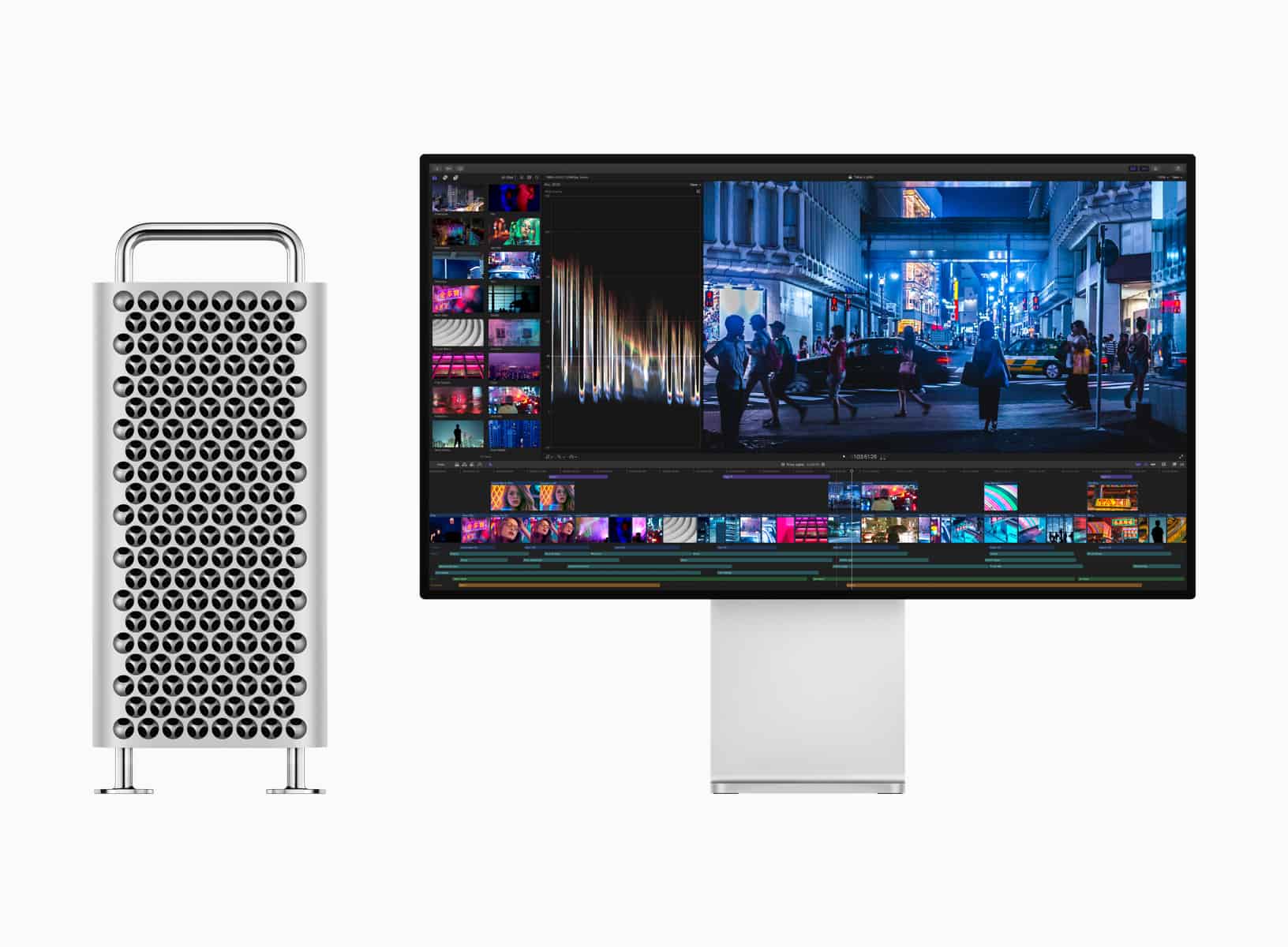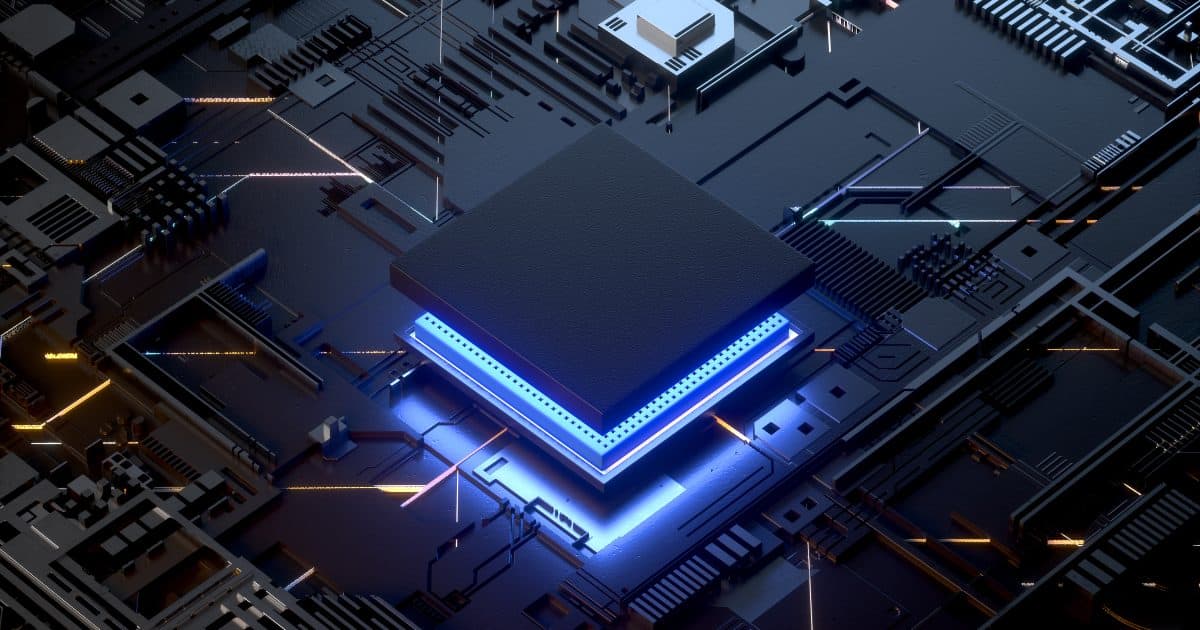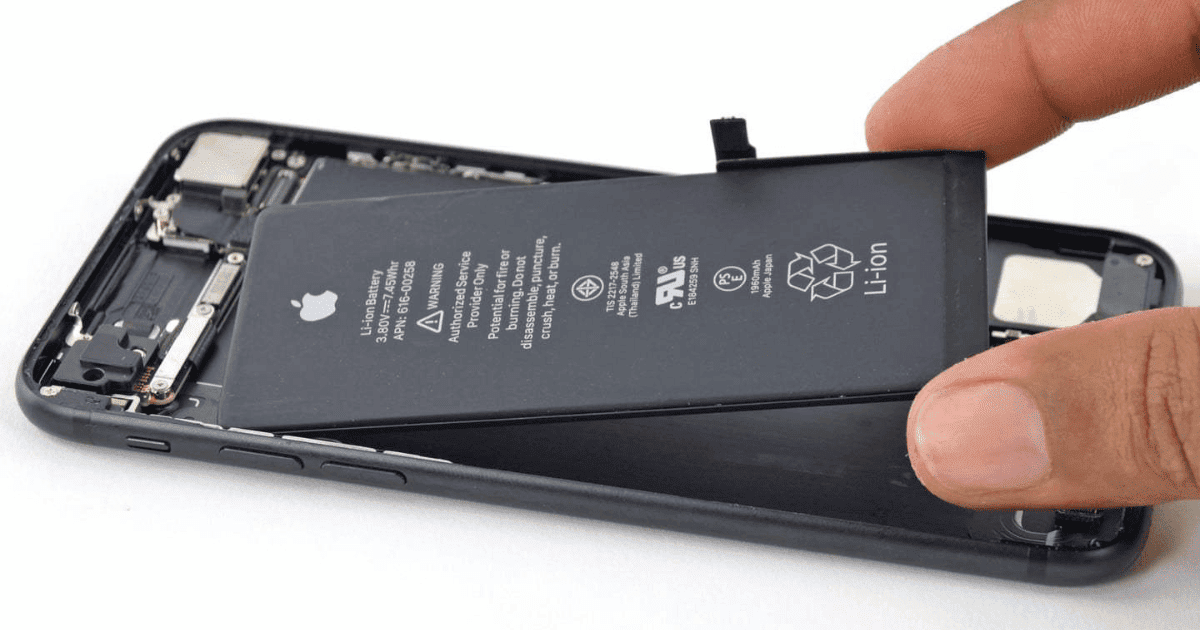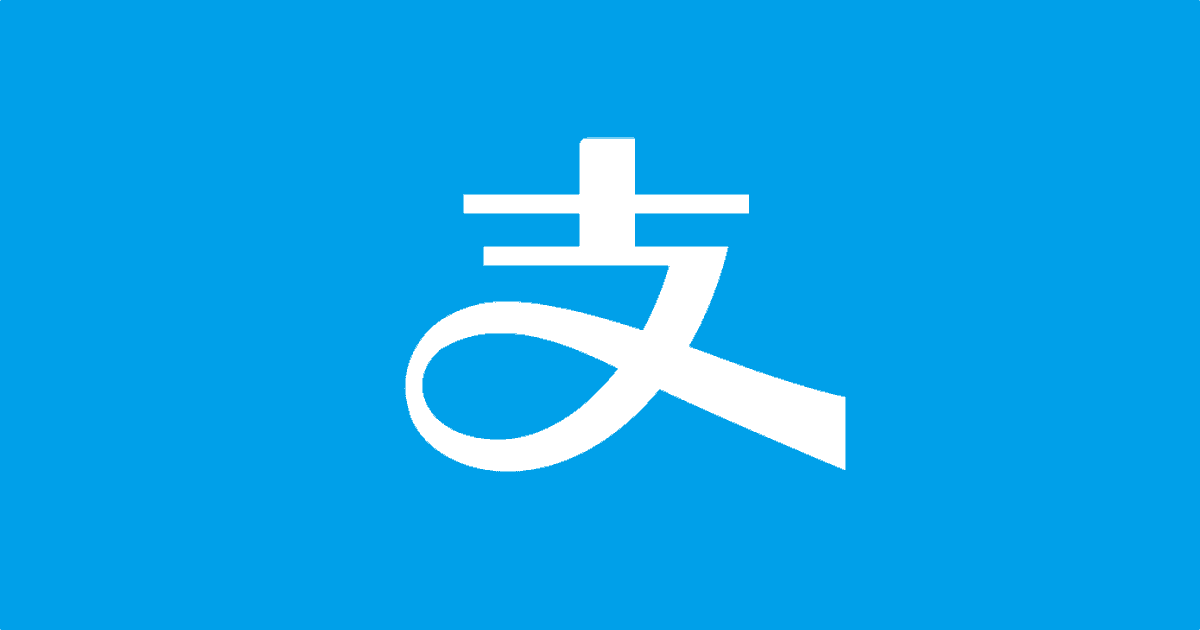Apple has dropped in standing amongst the Chinese public, according to a new survey by Prophet, as they back firm’s from their own country.
China
Huawei Wants to build "Huawei OS" to Compete
Huawei OS could be coming in the future as the Chinese company prepares for a worst-case scenario in light of U.S. blacklisting.
Vietnam Might Be the Next iPhone Manufacturing Center
Due to the trade war between the United States and China, companies are looking to put their eggs into more baskets. Vietnam could be one of them.
Apple has homed in on Vietnam and India as it intensifies its search for ways to diversify its supply chain. Nintendo has accelerated a shift in the production of its Switch console to Vietnam from China, according to Panjiva, a supply chain research firm. The Taiwanese electronics behemoth Foxconn, a major assembler of iPhones, said in January that it had acquired land-use rights in Vietnam and had pumped $200 million into an Indian subsidiary. Other Taiwanese and Chinese partners to Apple have indicated that they are considering ramping up operations in Vietnam as well.
Apple CEO: Mac Pros Will Continue to Be Made in U.S.
Apple’s Mac Pro line will continue to be manufactured in the U.S. This, according to CEO Tim Cook, who made the comment in a question about Apple manufacturing during Tuesday’s quarterly conference call with analysts.
Apple Starts Chinese App Development Program
Apple is starting a Chinese app development program in Shanghai to help developers create apps and expand its services business.
Hong Kong Protesters Use AirDrop to Bypass Great Firewall
Hong Kong protesters have been using AirDrop has a way to get around China’s Great Firewall. They can send messages to Chinese people this way, like information on the protests, pro-democracy messages, and even information about the Tiananmen massacre of 1989.
“Did you know? Over the past month, Hong Kong has seen three massive rallies, with as many as 2 million people taking to the streets,” read one such AirDropped poster. “Don’t wait until [freedom] is gone to regret its loss. Freedom isn’t god-given; it is fought for by the people.”
Engineer Yi-Chi Shih Faces Prison for Smuggling US Military Chips to China
Yi-Chi Shih, an electrical engineer, faces up to 219 years in prison for smuggling U.S. military chips to China.
Trump Administration Talking About Banning Encryption
Politico reports that the Trump administration is in talks about banning encryption, or at least certain forms of it that law enforcement can’t crack.
The encryption challenge, which the government calls “going dark,” was the focus of a National Security Council meeting Wednesday morning that included the No. 2 officials from several key agencies, according to three people familiar with the matter…Senior officials debated whether to ask Congress to effectively outlaw end-to-end encryption, which scrambles data so that only its sender and recipient can read it…
Great. I can’t wait for Russia and China to intercept all of our insecure communications.
iPhone and the US-China Trade War
Jason Dedrick, Greg Linden, and Kenneth L. Kraemer broke down the cost of the iPhone and showed how China doesn’t get as much value from iPhone exports as we think.
So what about all of those famous factories in China with millions of workers making iPhones? The companies that own those factories, including Foxconn, are all based in Taiwan. Of the factory-cost estimate of $237.45 from IHS Markit at the time the iPhone 7 was released in late 2016, we calculate that all that’s earned in China is about $8.46, or 3.6% of the total. That includes a battery supplied by a Chinese company and the labor used for assembly.
Trump Adds 5 More Chinese Companies to U.S. Blacklist
President Trump added five more Chinese companies to the U.S. blacklist. This means they can’t buy U.S. components.
TV+ Cornered, Apple's Tariff Stance – TMO Daily Observations 2019-06-20
Charlotte Henry and John Martellaro join host Kelly Guimont to talk about how Disney+ has cornered TV+, and about Apple’s tariff stance.
Apple Could Shift 30% of Output From China
Apple is considering moving between 15% and 30% of its output away from China as a result of trade tensions and a number of other issues.
Chinese Move to Boycott Apple Because of Huawei
Apple and Huawei are caught in the trade war between China and the United States. There is a growing ‘Boycott Apple’ movement in China.
Increased Tariffs Could Raise iPhone XS Price by $160
Following an increase of tariffs on Chinese goods by the Trump administration on Friday, today China retaliated, and the iPhone XS price could be affected.
Apple Earnings Aftermath – TMO Daily Observations 2019-05-01
Bryan Chaffin and John Martellaro join host Kelly Guimont to discuss Apple’s earnings report and add a dash of speculation.
iPhone China Sales Down 30% in Q1 2019
Apple’s iPhone China sales are down 30% in Q1 2019. Huawei continues to dominate, capturing 34% of China’s smartphone market.
Apple’s performance in China is concerning, given that the worst quarter for iPhone shipments is usually Q2 or Q3, not Q1 when new devices are still fresh. Apple has acted to cut iPhone retail prices, which has largely relieved the pressure from its channel partners.
I wonder how much of iPhone sales in China were impacted by Chinese companies encouraging employees to boycott Apple in favor of Huawei.
China Bans the Word ‘Leica’ Online
The Leica ad celebrating photojournalism sparked outcry in China because of Tiananmen Square. China banned the word “Leica” on social media.
Here's Why Grindr is a Threat to our National Security
Beijing Kunlun Tech Co Ltd, owner of Grindr, is trying to sell it after the U.S. government raised national security concerns.
Cord Cutting Arguments, Apple's Policy Stance – TMO Daily Observations 2019-03-05
Bryan Chaffin & John Martellaro join host Kelly Guimont to discuss arguments about cord cutting and Apple’s policy (not political) decisions.
American Companies Help China With DNA Collection
American companies like Thermo Fisher have helped Chinese DNA collection so the authoritarian country can track Uighurs.
Apple and Alipay Launch China iPhone Deal
Apple and Alipay partner to launch a US$30/month China iPhone deal. Shoppers can borrow interest-free money for Apple purchases.
This Website Exposes Apple Censorship in China
A new website called AppleCensorship.com exposes how the company censors apps in China at the behest of the government.
A new website exposes the extent to which Apple cooperates with Chinese government internet censorship, blocking access to Western news sources, information about human rights and religious freedoms, and privacy-enhancing apps that would circumvent the country’s pervasive online surveillance regime.
I’m a fan of Apple, privacy, and Apple’s stance on privacy. That being said I think whenever Apple mentions privacy on its website there should be an asterisk with fine print saying: “We believe privacy is a fundamental human right except in these cases.”
Unicorn Born in China every 3.8 Days in 2018
97 tech unicorns, companies valued at over $1 billion, were formed in China in 2018. That’s the equivalent of one launching in the country every 3.8 days.. However, Bloomberg News reported that this pace of creation actually slowed down during the fourth quarter of the year. Only 11 unicorns launched in those three months. Instead of startups, large tech firms reasserted their position. The Chinese economic slowdown also contributed to this.
China spawned 97 unicorns last year with a combined valuation of 1.2 trillion yuan ($178 billion) across sectors from consumer internet to online shopping and electric vehicles, according to a report published by consultancy Hurun. That’s about one unicorn born every 3.8 days. But of those, 11 were created in the December quarter, down from more than 30 in the previous three months.
Here's Why iPhone Assembly Doesn't Happen Here
Apple relies on China for a huge part of its manufacturing needs. But why can’t the company bring it back to the United States? Custom screws.
The challenges in Texas illustrate problems that Apple would face if it tried to move a significant amount of manufacturing out of China. Apple has found that no country — and certainly not the United States — can match China’s combination of scale, skills, infrastructure and cost.
Manufacturing and cheap labor are the reasons why Apple and other companies go to China. The GOP can talk about bringing jobs like that back, but it’s not an easy problem to solve.
